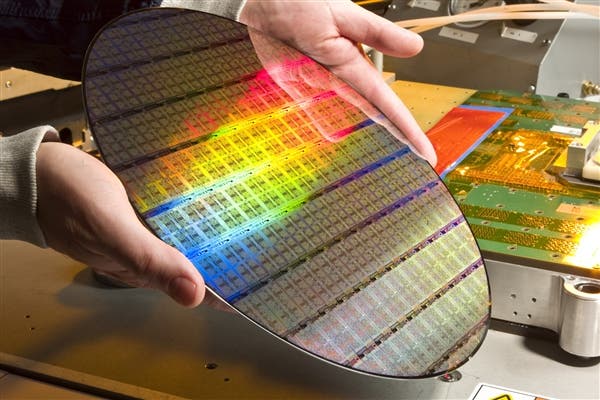TSMC has announced that it will launch a full version of the 5nm design architecture under the open innovation platform to help customers realize the 5nm system single-chip design which supports the next generation of high-performance computing applications and has a broad development prospect which includes 5G and Artificial Intelligence (AI).

Technically, TSMC has just two competitors which are Samsung and Intel. Among them, TSMC is ahead of in the 7nm process, and the 7nm enhanced version (7nm+) process supporting extreme ultraviolet (EUV) lithography has been mass-produced at the end of March. The 5nm process using EUV technology has entered trial production. TSMC process technology has been on par with Intel, and Samsung is behind. The latter is expected to enter the 7nm EUV era in 2020.
It is reported that the 5nm process enjoys the process simplification benefits provided by the extreme ultraviolet lithography technology, and also has a significant improvement in yield. Compared with the previous generations, the 5nm process has achieved the best technology maturity.
In contrast, Samsung announced that the 7nm EUV process has entered mass production six months ago, but it has not been put into use so far, and Samsung’s latest mobile phone has not used its own 7nm EUV process chip. According to data released by Samsung, the Huacheng plant area is expected to be fully completed by the end of 2019, which means that the real mass production of the 7nm EUV process will wait until the middle of 2020.





